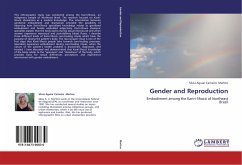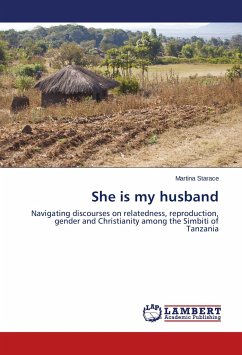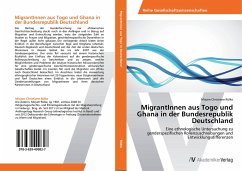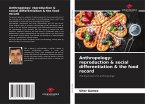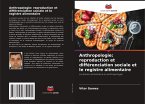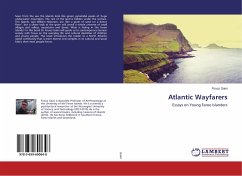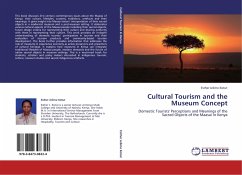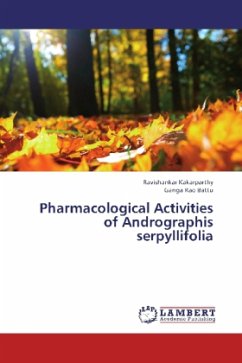This ethnographic study was conducted among the Kariri-Shocó, an indigenous people of Northeast Brazil. The research focused on Kariri-Shocó shamanism as a medical knowledge. The interrelation between gendered embodiment and shamanism provided the possibility of observing how Kariri-Shocó specialized knowledge relates to gendered embodiment and female embodied subjectivity. Kariri-Shocó shamanic specialists explain that the body opens during sexual intercourse and when women experience menstrual and post-delivery blood fluxes. I describe three different kinds of Kariri-Shocó cure-healing rituals which have the purpose of closing the patient s body. The reza (prayer) ritual is one of the first steps that Kariri-Shocó people take towards cure-healing processes. Specialists experience embodiment during cure-healing rituals, when the nature of the patient s health problem is discovered, diagnosed, and treated. I have discussed and demonstrated that Kariri-Shocó knowledge of the body relates to the openness and closedness of the body, which provides basis for sexual differences perceptions and experiences intertwined with gender embodiment.
Bitte wählen Sie Ihr Anliegen aus.
Rechnungen
Retourenschein anfordern
Bestellstatus
Storno

